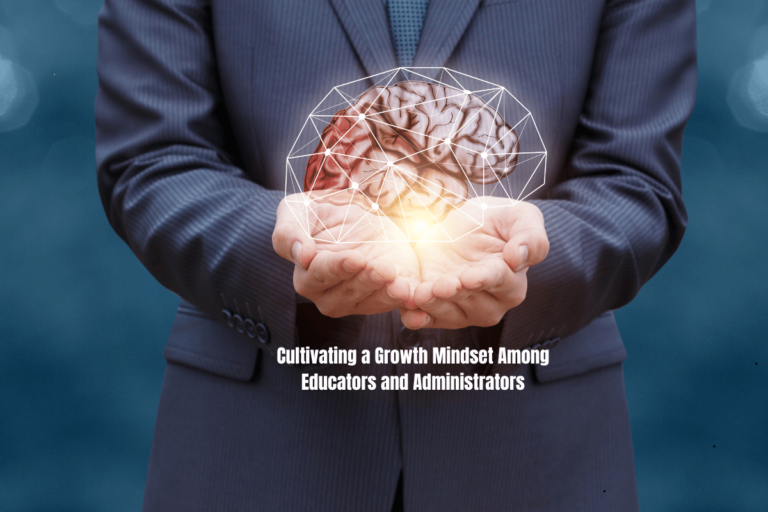6 Types of Degree Programs to Consider (Based on Your Skillset and Aptitude)
Choosing a degree program is one of the most critical decisions in your academic and professional journey. The field you select not only influences the knowledge and skills you acquire but also shapes the career opportunities available to you. Picking a major that aligns with your natural talents and personal interests ensures that your education feels more fulfilling and less like a chore. It’s much easier to thrive in a program that leverages your strengths than one that feels forced or mismatched to your capabilities.
Moreover, a well-suited degree can lead to a career you genuinely enjoy. People who align their work with their skills and passions often report higher job satisfaction and professional success. Whether you’re a creative thinker, a logical problem-solver, or someone with a knack for working with others, there’s a program out there designed for you. This guide explores six types of degree programs and how to match them with your skill set and aptitude.
1. Health Sciences and Medicine
Health Sciences and Medicine degrees are perfect for compassionate individuals who have a passion for helping others. These programs combine scientific knowledge with practical skills to prepare students for roles in healthcare and research.
Common degrees in this field include Nursing, Pharmacy, and Medicine. Nursing programs train students to provide direct patient care, while Pharmacy focuses on the study of medications and their effects. Medical degrees, on the other hand, involve rigorous training to become a licensed physician.
Careers in healthcare are diverse and rewarding. Whether you’re working as a nurse, conducting medical research, or serving in public health, these roles make a tangible difference in people’s lives. A strong work ethic, empathy, and attention to detail are essential for success in this field.
2. Engineering and Technology
Engineering and Technology degrees are perfect for those who enjoy problem-solving and working on complex systems. These programs require strong analytical and mathematical skills. They also call for creativity in designing solutions to real-world challenges.
However, prospective students often get hung up over the age-old debate: Bachelor of Engineering VS Bachelor of Science. A Bachelor of Engineering focuses on the application of engineering principles and typically includes more practical, hands-on coursework. In contrast, a Bachelor of Science often emphasizes theoretical knowledge and scientific research.
Engineering disciplines include Mechanical, Civil, and Electrical Engineering, while Technology programs might focus on Robotics, Software Development, or Data Analytics. Graduates often work in fields ranging from infrastructure design to tech startups. If you love building, innovating, and problem-solving, this field offers abundant opportunities.
3. Information Technology (IT) and Computer Science
If technology excites you and you enjoy working with data, coding, or software development, a degree in IT or Computer Science might be a great match. These programs focus on teaching students how to design, implement, and manage technology systems.
Some popular options include Cybersecurity, Data Science, and Artificial Intelligence. Cybersecurity programs prepare students to protect systems from online threats, while Data Science focuses on analyzing large datasets to draw meaningful insights. Those interested in cutting-edge innovations might explore Artificial Intelligence, which involves building smart systems capable of learning and decision-making.
Graduates from IT and Computer Science programs have a wealth of career options, including roles as software developers, IT consultants, or systems analysts. The tech industry is constantly growing, making this a lucrative and ever-evolving field to enter.
4. Education and Teaching
Education and Teaching degrees are perfect for individuals who enjoy sharing knowledge and inspiring others. If you are patient, empathetic, and skilled at communication, this field could be an excellent fit. Teaching is more than just delivering lessons; it’s about fostering growth and understanding in others.
Programs in this area include Early Childhood Education, Special Education, and TESOL (Teaching English to Speakers of Other Languages). For example, Early Childhood Education focuses on working with younger students and helping them build foundational skills. Special Education equips you to teach students with disabilities, while TESOL prepares you to teach English to non-native speakers.
Graduates of these programs often find roles in schools, curriculum design, or educational policy. Some also move into corporate training or instructional design. A career in education allows you to make a direct, positive impact on future generations.
5. Law and Political Science
If you’re a critical thinker who enjoys debating, analyzing legal frameworks, or understanding governance, degrees in Law and Political Science might be right for you. These programs prepare students to tackle societal challenges through legal systems, policy development, and diplomacy.
Law programs, such as Pre-Law or Juris Doctor (JD), focus on preparing students for legal practice. Political Science, on the other hand, delves into the study of governments, political behavior, and international relations. Public Administration is another option for those interested in managing public organizations.
Career paths in this field include becoming a lawyer, political analyst, diplomat, or policy advisor. These degrees require strong analytical skills, excellent communication, and a deep commitment to understanding societal systems.
6. Environmental Science and Sustainability
For those passionate about protecting the planet, Environmental Science and Sustainability programs offer a chance to make a meaningful impact. These degrees focus on understanding and solving environmental challenges like climate change, pollution, and resource management.
Programs often include Ecology, Renewable Energy, and Climate Science. Students learn about biodiversity, sustainable practices, and environmental policies. For instance, studying Renewable Energy might lead to developing innovative technologies like solar panels or wind turbines.
Career options include roles as environmental consultants, conservationists, or sustainability officers. These fields are growing rapidly, driven by the urgent need to address global environmental issues. If you’re committed to creating a greener future, this field is for you.
Remember, the key to making the right choice is self-awareness. Take the time to evaluate what you’re good at and what excites you. Seek advice from mentors, career counselors, and professionals in fields that interest you. Exploring your options thoroughly will ensure you make an informed decision.
Your degree is more than just a qualification—it’s the foundation for your future. With the right match, you’ll not only excel in your studies but also enjoy a fulfilling and impactful career. Take the first step toward your dreams by choosing a program that truly fits you.







